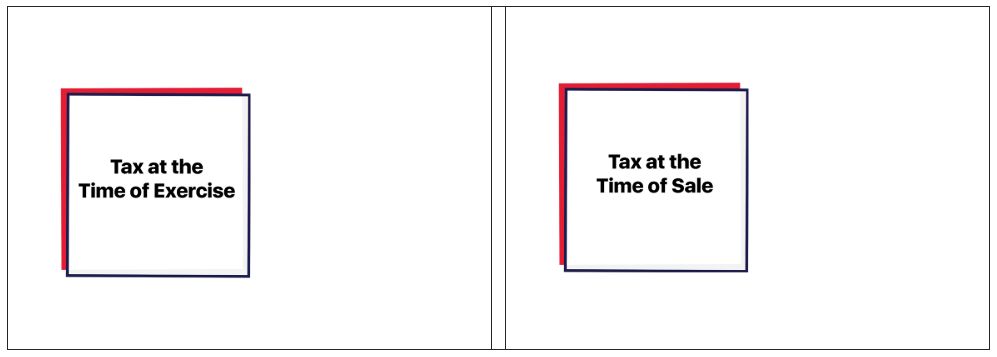- with readers working within the Law Firm industries
- within Criminal Law, Strategy and Employment and HR topic(s)
- with Senior Company Executives, HR and Finance and Tax Executives
Employee Stock Option Plans (ESOPs) are a powerful tool for startups and established companies alike, offering employees a sense of ownership while aligning their interests with the company's growth. But behind the allure of "owning a piece of the pie" lies a complex web of tax implications—both for companies and employees. Let us break it down and answer the burning question: What are the tax consequences of ESOPs, and how can you navigate them smartly?
For the Company: The Tax Angle
When a company offers ESOPs, it does more than just motivate its workforce—it enters into a tax-related balancing act. Here is how the process unfolds:
- Issuance of ESOPs:
No immediate tax liability arises when ESOPs are granted. However, the company incurs expenses that are recorded in the profit and loss account, reflecting the fair value of the options as per accounting standards like Ind AS 102. - Tax Deductibility:
Here's the good news for companies: the difference between the fair market value (FMV) of shares and the exercise price, recognized as an employee cost, is eligible for a tax deduction. This reduces the company's taxable income and, in turn, its tax liability. - Compliance and Reporting:
Companies must comply with ESOP-related reporting requirements as per IND AS 102 and disclose the fair value of shares granted, the total expense recognized, and other key metrics in their financial statements. Non-compliance could trigger penalties and scrutiny from tax authorities.
For the Employee: A Two-Stage Tax Journey
Employees enjoy the upside of owning shares, but ESOPs come with their share of tax responsibilities. Let us look at the two key stages where tax is involved:

1. Tax at the Time of Exercise
When employees exercise their options, the difference between the FMV of the shares on the exercise date and the exercise price paid is treated as perquisite income under the Income Tax Act, 1961. It is taxed as salary income and subjected to tax withholding by the employer.
Example:
- FMV on exercise date: ₹100
- Exercise price: ₹40
- Perquisite income: ₹60 (₹100 –
₹40)
This ₹60 is added to the employee's taxable salary and taxed according to their income tax slab rate.
2. Tax at the Time of Sale
When employees sell their shares, the tax treatment depends on the holding period:
- Short-Term Capital Gains (STCG): If sold within 24 months, taxed at the applicable slab rate.
- Long-Term Capital Gains (LTCG): If held for more than 24 months, taxed at 20% with indexation benefits.
Capital Gains Calculation:
- Sale price minus FMV on the exercise date determines the capital gain.
Conclusion: Ownership Comes with Responsibility
ESOPs offer incredible opportunities for wealth creation, but they come with tax obligations. For companies, they are a strategic expense with tax benefits. For employees, understanding when and how taxes apply is crucial to maximizing the value of their stock options. Play it smart, and your ESOP journey can be both rewarding and tax-efficient.
The content of this article is intended to provide a general guide to the subject matter. Specialist advice should be sought about your specific circumstances.


